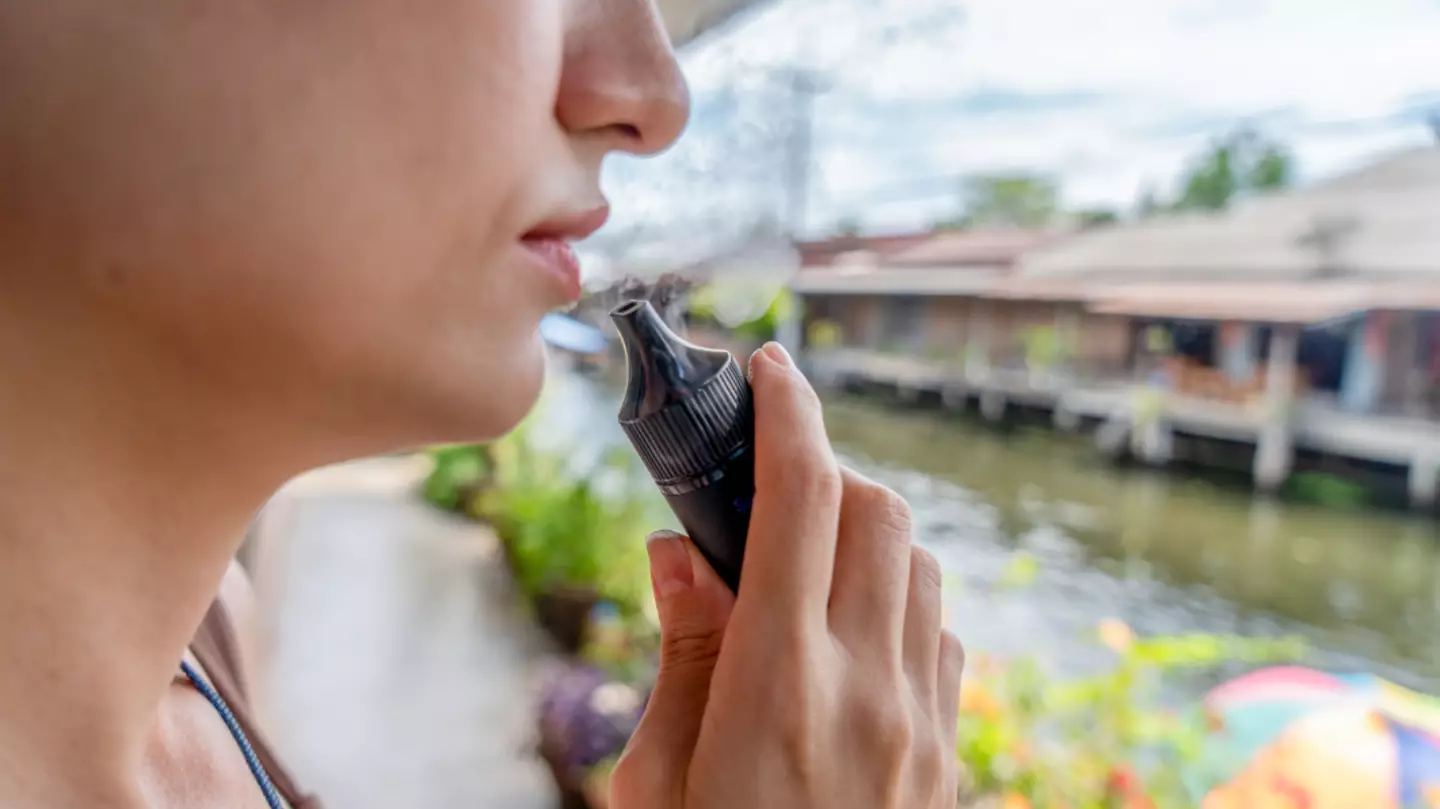The reality about vape mouthpieces has been uncovered, and it might just turn your stomach.
One might assume that since a vape is primarily used by a single person, there would be minimal risk of contamination.
However, researchers suggest that something undesirable may be lurking on the plastic mouthpieces, and it’s not pleasant.
Scientists at the University of Florida have discovered that vape mouthpieces are host to fungi, and not the harmless kind.
Their study indicated that while reusable vapes typically don’t harbor bacteria, approximately half of the disposable vapes examined were ‘abundantly colonised’ with fungi.
Among these, over 80 percent were capable of harboring pathogens that could lead to lung diseases and negatively affect overall health.
A significant strain identified was Cystobasidium minutum.
This particular fungus can cause blood infections in individuals with weakened immune systems, posing a serious threat.

Disposable vapes function by having a sponge soaked in e-liquid, which is connected to a mechanism that turns it into vapor.
When researchers cultivated the fungi on petri dishes, they discovered up to 35 different types of fungi on vape mouthpieces, with many strains capable of causing health issues.
The fungi did not originate from the users’ mouths, but rather from external sources such as hands, air, or dirt.
Some fungi might have been present in the vape juice upon purchase, although this wasn’t conclusively proven by scientists.
The warmth and enclosed environment of vapes create a perfect breeding ground for fungi.
Additionally, the lack of regular cleaning by most study participants exacerbates the issue.
Dr. Jason Smith, co-author from the Emerging Pathogens Institute, mentioned to New Scientist: “The residues left behind inside the vape device may provide a food source for moulds to grow.”

The researchers noted in their pre-print paper that ‘fungal contamination of e-cigarette devices’ may contribute to Chronic obstructive pulmonary disease (COPD), which leads to breathing problems, persistent coughs, and other issues.
One-third of study participants reported experiencing respiratory symptoms.
Is vaping genuinely a safer alternative to smoking at this point?
Recent studies suggest that even nicotine-free vapes can cause significant health problems and birth defects in unborn children if used by pregnant women.
James Cray, lead author and professor of anatomy at The Ohio State University College of Medicine, stated: “The majority of users are young adults and teenagers, so we are talking about people who are in peak reproductive years.
“And with development of the head happening very early in fetal development, people could be using these products and not even realize that they are pregnant, which is of great concern.
“This is a small study that speaks to the possibility that nicotine-free vaping is not safe. And it’s a sign that we probably should study the nicotine-free products as much as we study the nicotine-laden products.”
Something to ponder over.

